Does London Have Hard Water?
If you live in London and have experienced white limescale around your taps, or a cloudy, milky deposit on your shower screen, then you will know just how prevalent hard water is in the area. But why exactly is London so badly affected by hard water, and more importantly, what can you do about it? In this article, we are going to take a closer look at the hard water problem across the city, and reveal how the Halcyan Water Conditioners provide a permanent solution for homes throughout London.
What is hard water?
Hard water is water that has a high mineral content, usually in the form of calcium and magnesium compounds. Water becomes ‘hard’ as it is absorbed by rocks and soil (especially limestone and chalk) as it seeps through the ground. Although hard water is not bad for your health, it can have a negative impact on your pipes, appliances, energy bills, as well as your skin and hair.
The hardness of water is usually measured in milligrams per litre (mg/L), or parts per million (ppm) of calcium carbonate. The three levels of water hardness are:
Soft: 0–60 mg/L
Moderately hard: 61–120 mg/L
Hard: 121–180 mg/L
Very hard: 181+ mg/L
Although most of the UK falls into the “hard” and “very hard” brackets, not many areas are as high as London.
Why is London’s water so hard?
It’s all down to the geology. The main sources of water for London are the River Thames and the River Lea. These water sources gather the majority of their water from chalk and limestone-rich areas, especially in the Chiltern Hills and North Downs. This is where the problem begins.
Limestone and chalk are full of calcium compounds. As water moves through the ground, these calcium compounds are absorbed into the water supply and continue along the water cycle. By the time the water reaches the water treatment centres around London, it is already “hard.”
In fact, water hardness levels in London are some of the highest in the country. Multiple sources of local water hardness research show average readings of about 293 ppm in the capital. Which is well into the “very hard” territory. Some of the worst affected areas of London are:
Epping: As high as 370 ppm
Romford & Chelmsford: Regularly above 300 ppm
Central & West London (such as Hammersmith, Chelsea): Averages of 270–310 ppm
In other words, no matter what your postcode, chances are you are living with hard water in your home. From a period terrace in Shoreditch, to a luxury loft in Clapham, hard water will be present. It is one of those London issues that all of us will face, whether we live in a classic Victorian house in Islington or a sleek new-build in Croydon.
The Problems Caused by Hard Water
As we have established, hard water is not a direct threat to your health, but that’s not to say it isn’t doing some damage to your home and daily life. Here are a few of the most common problems caused by hard water:
1. Limescale Buildup
The limescale you can see around taps, shower heads and on kettles is simply a white chalky residue that is left behind when hard water evaporates and leaves the calcium carbonate on your surfaces. Limescale reduces the efficiency of boilers and other appliances, and clogs up pipes.
2. Shorter Appliance Lifespan
Washing machines, dishwashers, kettles, and water heaters are all the most at risk from hard water and limescale damage. Over time, this builds up, reducing the flow of water and energy efficiency of your appliances. This will lead to frequent repairs and ultimately replacement, adding hundreds of pounds to your bills.
3. Dry Skin and Hair
Hard water is also known to impact on your skin’s natural pH levels, often leading to dryness, irritation, and exacerbation of conditions such as eczema. This is due to the higher calcium content which leaves a residue on the skin which is difficult to wash off. It is the same with your hair, leaving shampoo and soap residue in your locks.
4. Increased Energy Bills
Limescale on the inside of your central heating pipes, tank, and boiler means that your boiler has to work harder to heat the same volume of water. Which leads to higher energy bills. Research has shown that as little as a 1.6mm coating of limescale on your boiler can reduce its efficiency by almost 12%.
Traditional Solutions to Hard Water
Traditional solutions to hard water will often suggest a salt-based water softener is the way to go. Water softeners work by taking calcium and magnesium ions and swapping them with sodium ions.
The issues with a water softener are:
- Salt must be topped up on a regular basis
- They need maintenance
- They increase your water and energy usage
- Dump salty waste water, which is not good for the environment
- Adds sodium to your water, which makes it not ideal for drinking and cooking
Halcyan Water – The Alternative Solution to Hard Water
Our solution at Halcyan Water is to use a chemical-free, long-life water conditioner. They prevent the effects of hard water in your home, without removing any of the minerals or needing any salt.
How it works:
Halcyan units contain a special alloy which subtly changes the structure of the calcium and magnesium ions, without changing the properties of the water. As a result, the ions no longer ‘stick’ to surfaces such as:
- Pipes
- Appliances
- Heating systems
- Skin
- Hair
The benefits of this process are:
- Eliminate limescale buildup
- Reduce the energy required to heat your home and water
- Extend the life of appliances such as dishwashers, water heaters and boilers
- Feel better about the quality of the water on your skin and hair
- Zero maintenance costs
- Zero chemicals, zero salt, zero power
Because nothing is removed from your water, it’s also 100% safe for drinking and cooking.
How Do Halcyan Water Conditioners Work in London Homes?
London is one of the hardest hit areas when it comes to water hardness. This makes it a great candidate for the Halcyan systems. For many of the reasons we have discussed, there is no one-size-fits-all when it comes to water problems. With its small size and smart design, a Halcyan system can fit into any house or flat plumbing system, and provides an ideal long-term solution for Londoners to protect their homes from the effects of hard water.
Instead of frequent plumbing call-outs, repairing or replacing appliances and energy bills that keep going up and up, a Halcyan system in your home could be the difference between extending the life of your home’s most important systems by years. No more salt bags, no more servicing, it’s the one of the easiest installations and best long-term solutions.
Conclusion: Say Goodbye to Hard Water Problems
As we have seen, London’s water hardness levels are some of the worst in the UK, which makes it a breeding ground for all of the limescale and hard water damage issues mentioned above. There is no escaping the problem and every Londoner will face the same daily battle of dealing with hard water. But that’s not to say there isn’t a solution.
A Halcyan Water Conditioner is the ideal solution for homes in London to enjoy the benefits of a greener, smarter way to keep limescale and hard water damage at bay, without salt, chemicals or even a hosepipe. It’s the easiest way to safeguard your home and your lifestyle for many years to come.
Learn More

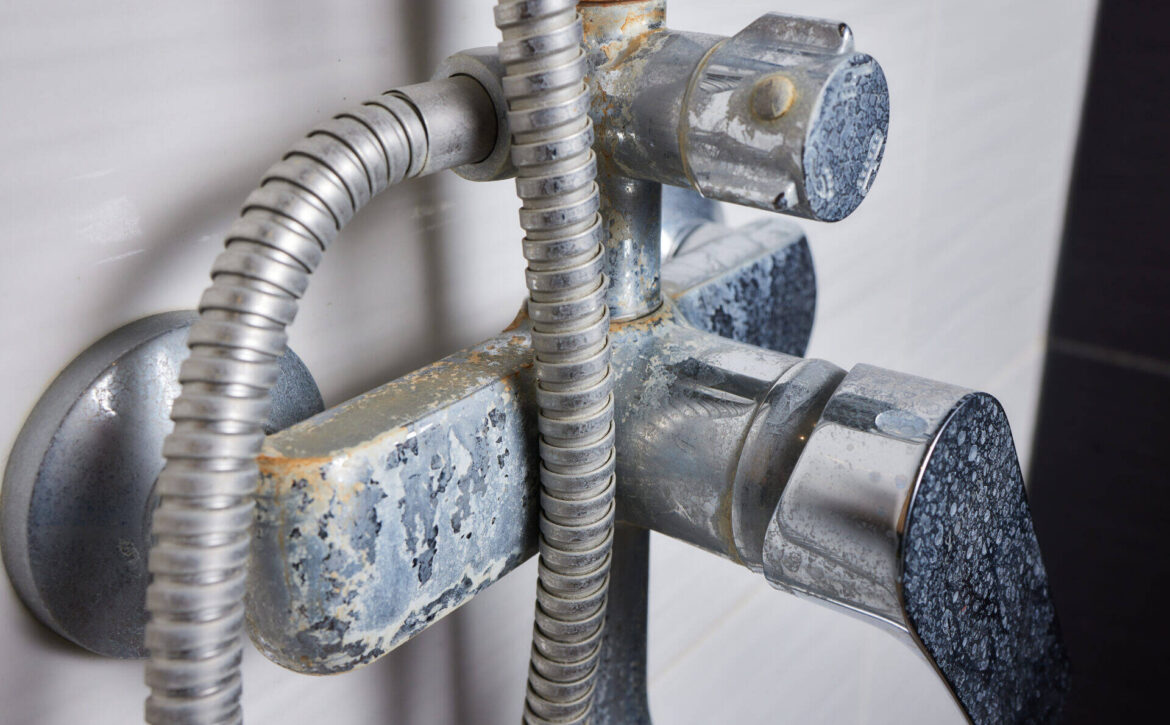
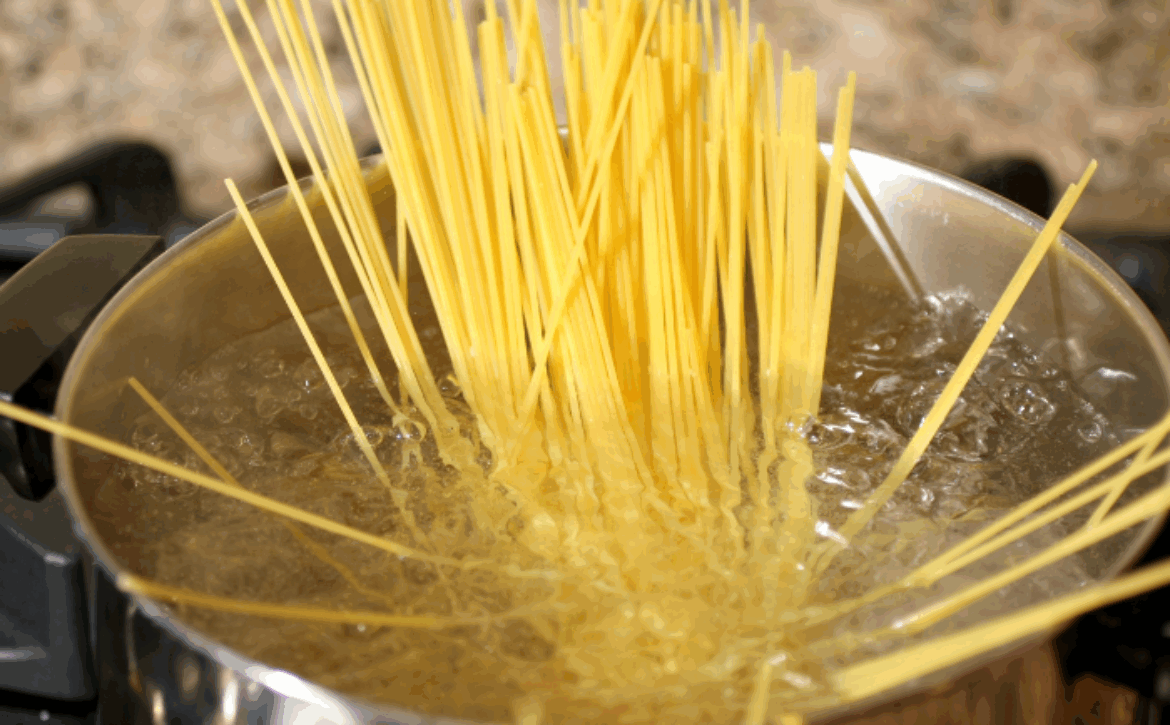
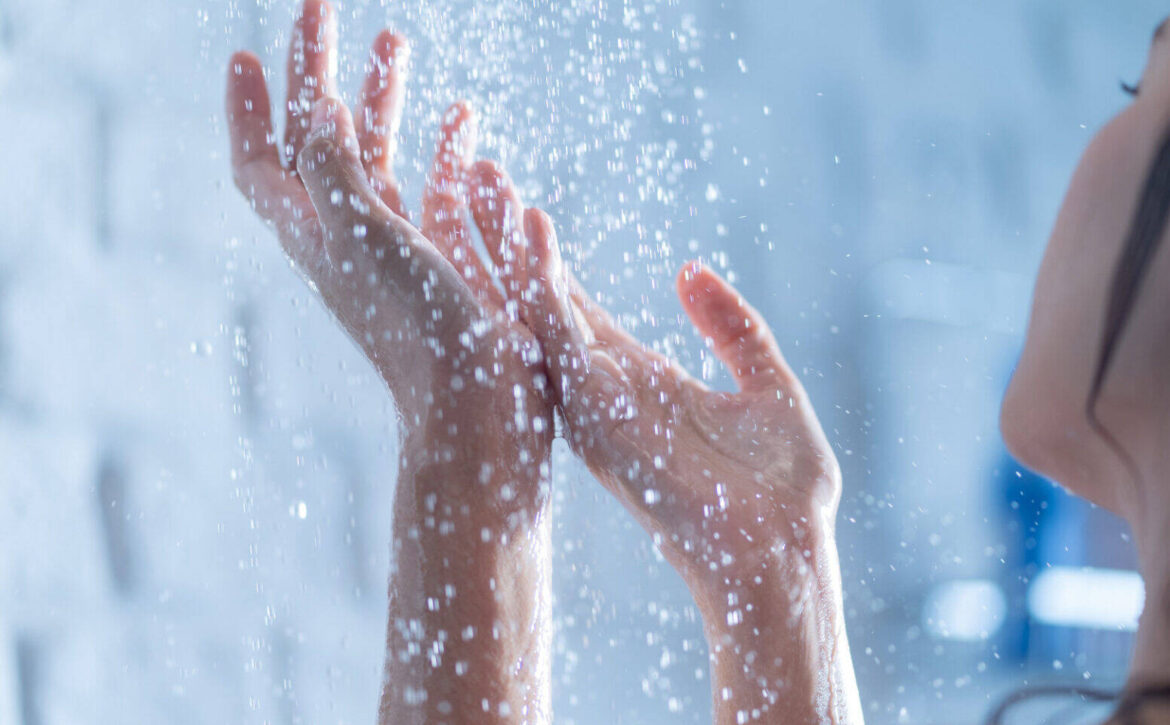
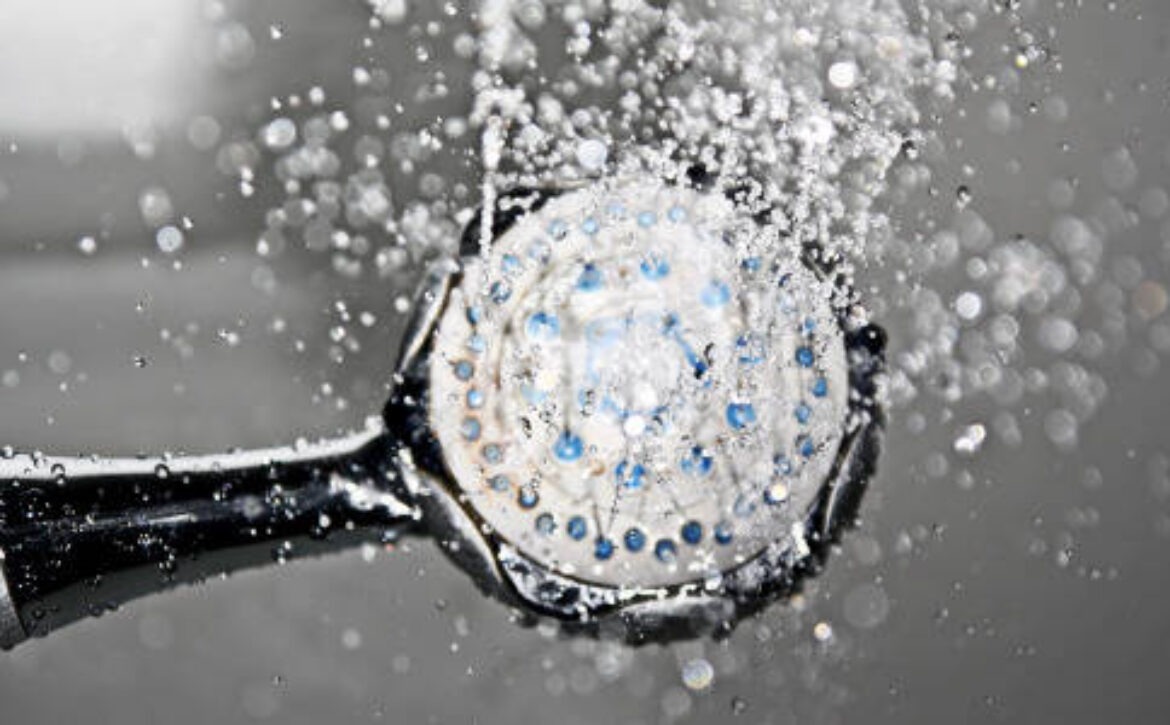

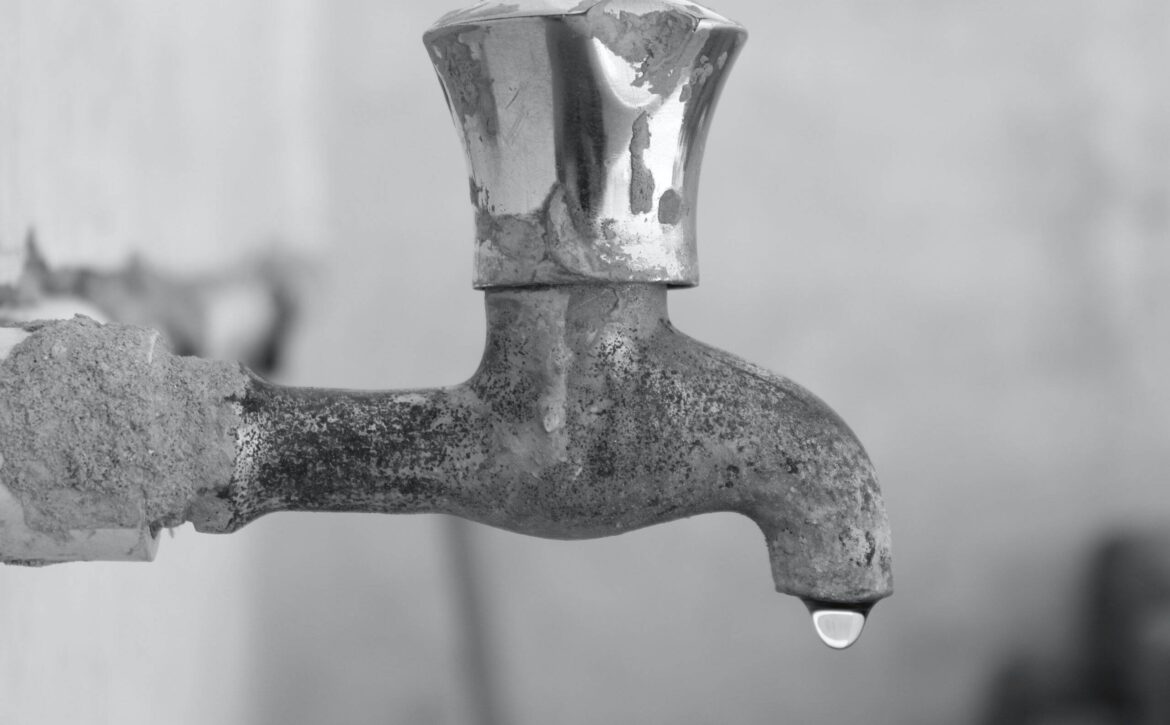
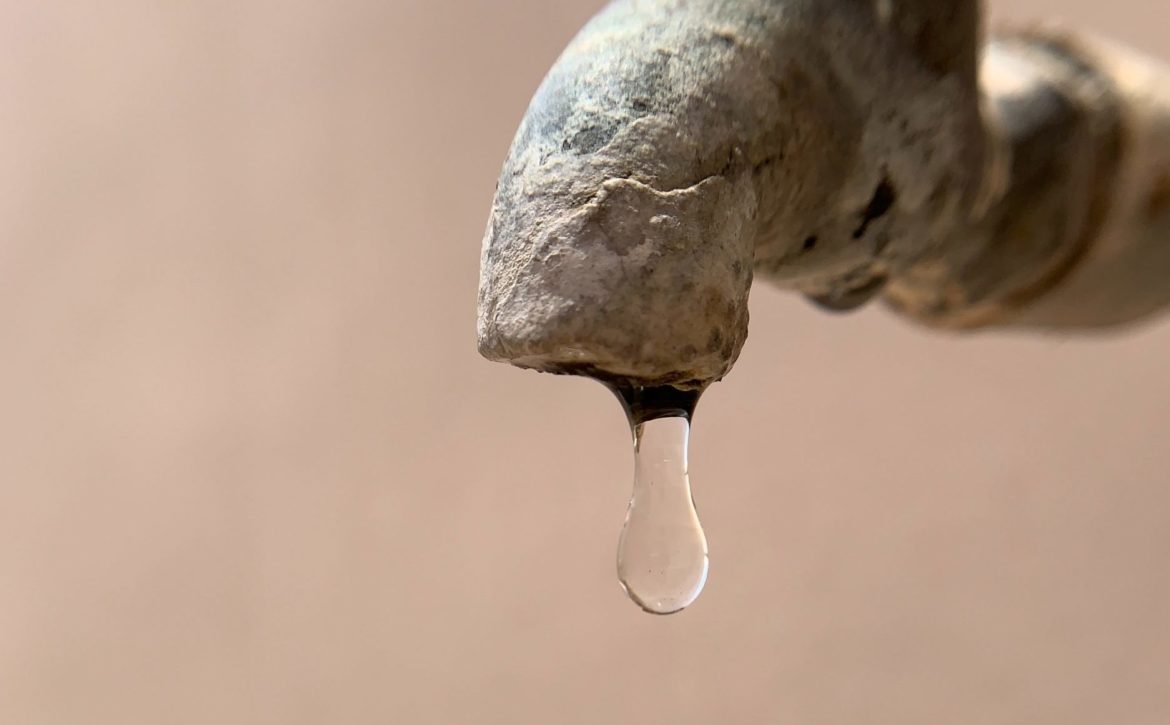
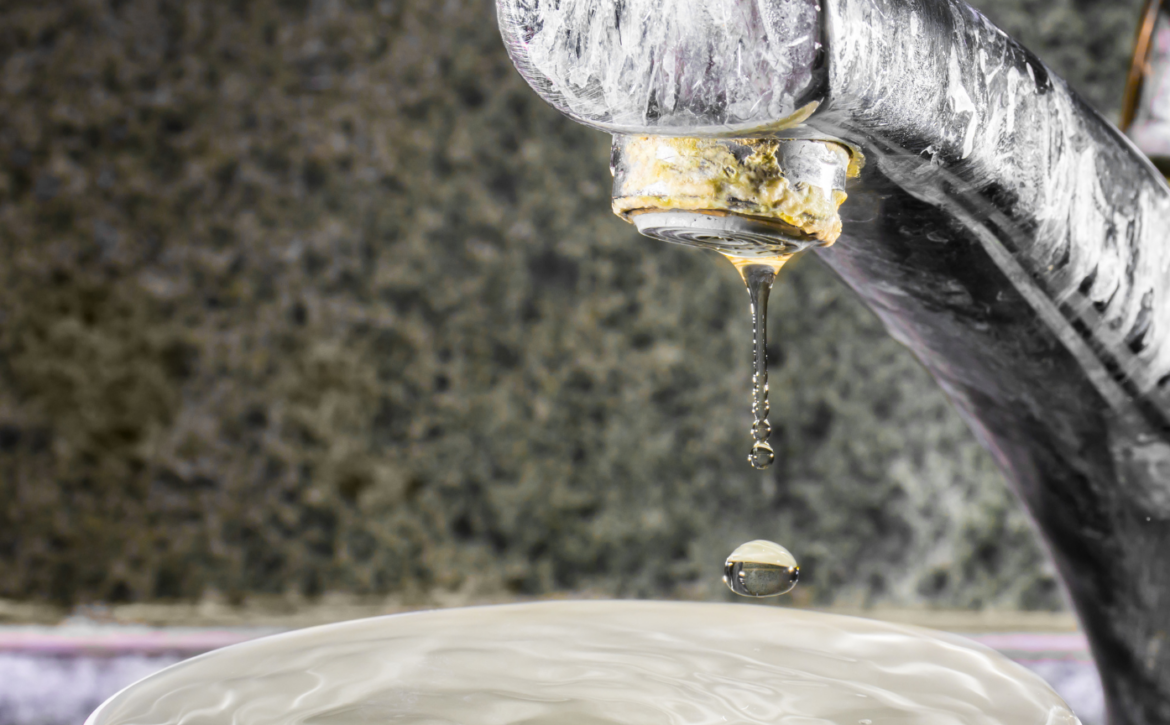
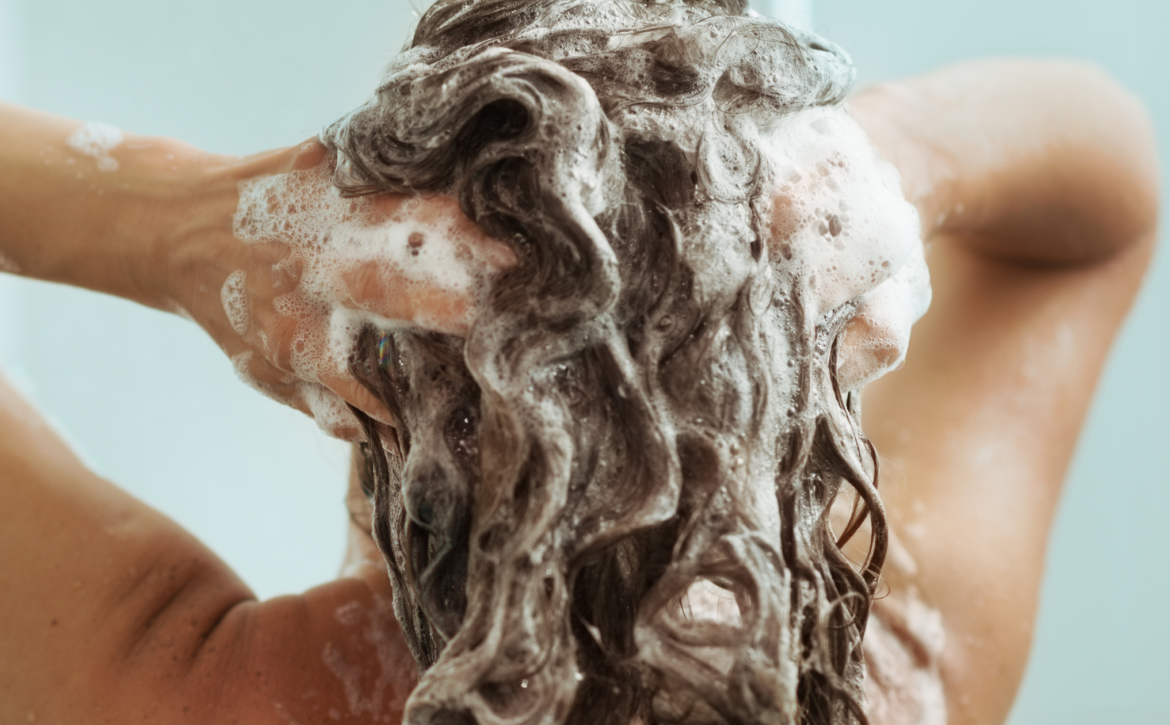

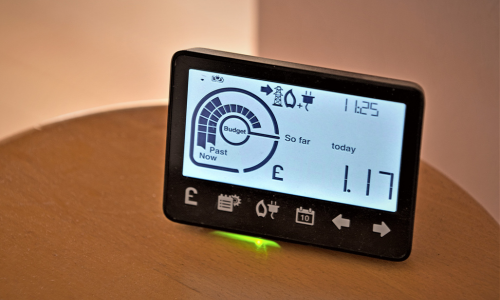 Smart Thermostat: Precision in Temperature Control
Smart Thermostat: Precision in Temperature Control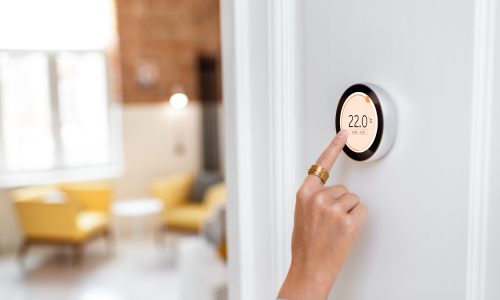 Halcyan Water Conditioner: Not Just for Hard Water!
Halcyan Water Conditioner: Not Just for Hard Water!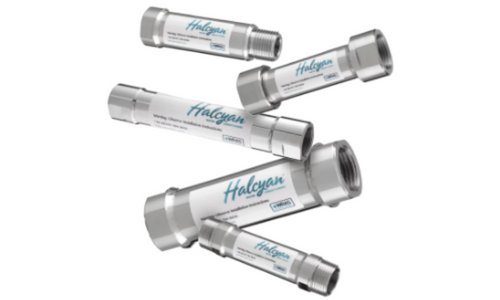 Smart Plugs: Empowering Devices with Intelligence
Smart Plugs: Empowering Devices with Intelligence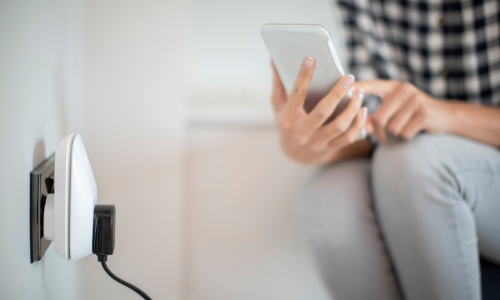 Air Fryers: Culinary Magic with Energy Efficiency
Air Fryers: Culinary Magic with Energy Efficiency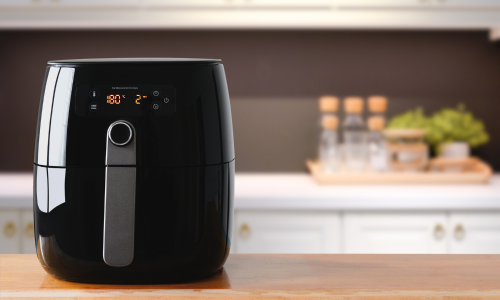 Conclusion
Conclusion